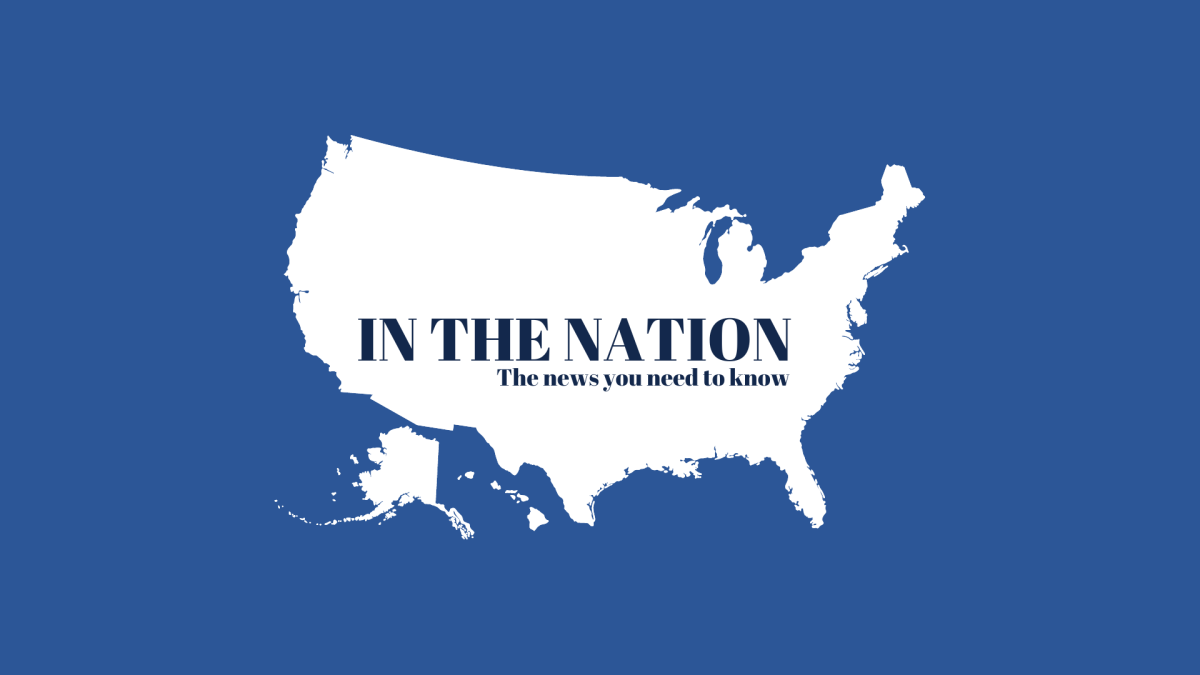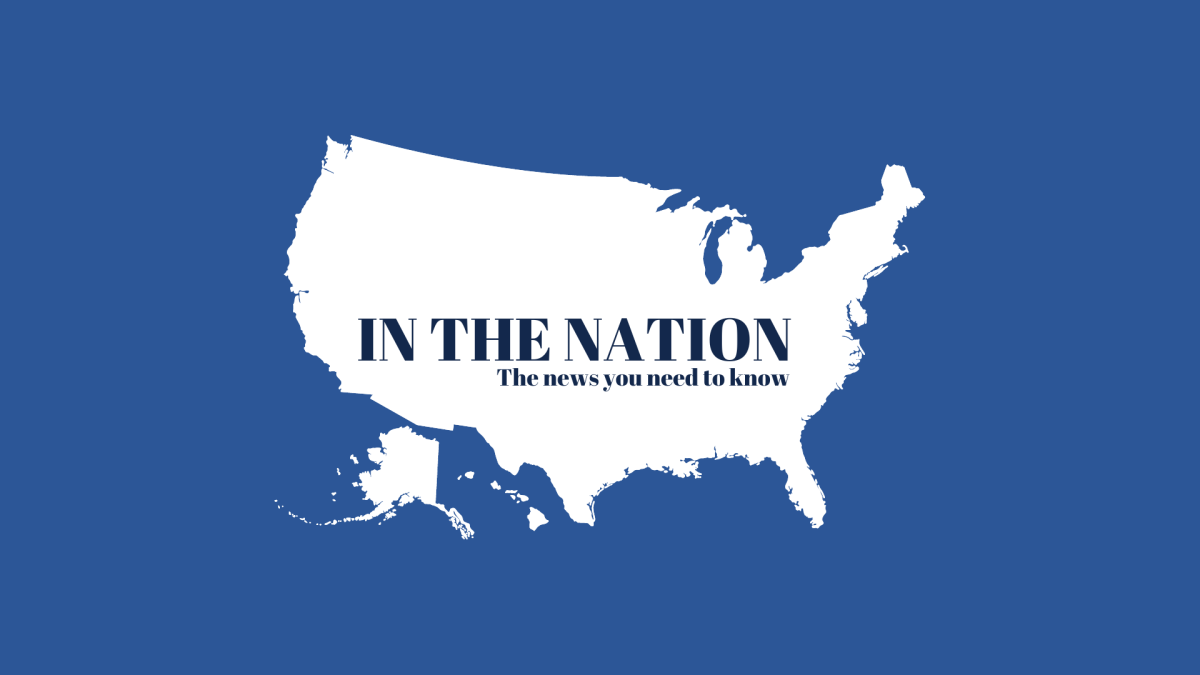MIT professors win Nobel Prize in economics
Massachusetts Institute of Technology Professors Daron Acemoglu and Simon Johnson were awarded the Nobel Prize in economics Oct. 14 along with James Robinson, a professor at the University of Chicago, for their work studying the relationship between a country’s political institutions and economic prosperity.
The Royal Swedish Academy of Sciences, the committee that determines laureates, said the trio’s research demonstrated the importance of political systems in the effort to reduce significant differences in countries’ income.
“Reducing the vast differences in income between countries is one of our time’s greatest challenges,” said Jakob Svensson, who chairs the Nobel economics committee.
Their research identified countries with “inclusive” systems of government, traditionally democracies, showed more economic growth over time than nations with “extractive” systems that do not guarantee civil liberties or political influence to citizens.
The laureates found that these differences came from the systems established by European colonizers, where initially poorer countries were given broader freedoms that ultimately allowed for economic prosperity in order to benefit the European colonists that would now live there.
Acemoglu and Johnson emphasized the role democratic institutions play, but noted that overhauling a long-standing political system could be challenging, The Boston Globe reported.
“Introducing democracy is very hard. When you introduce elections, that sometimes creates conflict,” Acemoglu said.
Walgreens announces plans to close 1,200 stores by 2027
Walgreens CEO Tim Wentworth has predicted to shut down roughly 1,200 of its locations by 2027 due to low performance levels at a quarter of their locations.
The surge of vaccinations and tests needed during the pandemic held drug stores like Walgreens, CVS and Rite Aid above water after their sales started to drop due to rival stores and online options. However, since COVID-19’s receding case numbers, drug stores have fallen back into their economical troubles since their quick and convenient shopping attraction has to compete with Amazon’s overnight delivery, mobile ordering and cheaper locations.
The company, alongside other drug stores, has suffered from persistent theft as well as alternative prescription delivery methods that make up a majority of pharmacy sales.
CNN reported that one in every seven locations in the U.S. will be closed within the next three years, 500 stores being shut down by this time in 2025. Location closures will be decided based on a number of variables, but some factors taken into consideration will be the popularity of the location, upcoming lease agreements ending and the store’s appearance or condition.
Over the years, many Walgreens locations have been neglected by the company because of minimal staffing and higher management attention, these will be some of the first to close so the foundation of Walgreens rebuild can be as strong as possible.
This rebuild is said to include the increase in Walgreens branded products as well as introducing more physician based care in the in-house clinics, as pharmacists believe they have more interactions with patients than their family doctor and can record things like blood-pressure on a frequent basis.
CVS has also announced the closure of about 500 of their locations, at the same time Rite Aid rises from bankruptcy with the 1,200 locations the franchise has left. Walgreens originally made a public announcement in June of 2024 claiming the closure of 300 stores, but their October statement of the 900 location increase shows even worse numbers.
Since 2022 the Boston area’s 22 Walgreens locations have diminished down to 18 after the closure of establishments in Roxbury, Mattapan and Hyde Park, all considered lower-income communities.
The company’s current 8,500 active locations should see hundreds of closings as of last month, lessening rivals and their own competition.
FSIS recalls nearly 10 million pounds of product for Listeria risk
Roughly 10 million pounds of ready-to-eat meat and poultry products by BrucePac were recalled from stores like Trader Joes, Kroger and 7-Eleven due to possible listeria risk.
FSIS, or The U.S. Department of Agriculture’s Food Safety and Inspection Service, released a report Oct. 9 with specific details of the products affected by the recall, catching the attention of distributors like grocery stores and restaurant chains.
All products included in the recall can be identified with establishment numbers “51205 or P-51205” which would be found inside or under the USDA mark of inspection. Additional edits to the report have been made, updating the concerning products but as of Oct. 15 nearly 9,986,245 pounds of meat and poultry items have been pulled off shelves or shipment.
The production period of affected items that may be adulterated with Listeria monocytogene was said to be June 19, 2024, to Oct. 8, 2024.
A majority of meat or poultry was found in pre-made salads, burritos and wraps in the form of chicken, but other products that included bacon and ham also made it onto the recall list.
Though many of the products have passed their expiration dates and would no longer be found on shelves, popular frozen meal brands like Jenny Craig or Michelina’s have shelf life spans until 2025 or 2026.
The problem was discovered during routine product testing of a finished BrucePac item that then traced the listeria to a RTE chicken item.
Trump ends rally with musical break
At a town hall in Oaks, Pennsylvania Oct. 14 former President Donald Trump ended the question and answer portion early to play music after multiple medical emergencies in the audience interrupted the event.
South Dakota Gov. Kristi Noem, a Trump ally, moderated the town hall portion, which lasted about an hour according to NPR. Questions from voters primarily concerned Trump’s plans to address the high cost of living and immigration.
The audience called for medics twice during the town hall, saying that the room was too hot. Trump and Noem remained onstage while medics attended to audience members.
During the first pause, people in the crowd sang “God Bless America,” after which Trump requested the song “Ave Maria” be played multiple times. He remained on stage until the song was over and ended the question portion of the evening.
“Let’s not do any more questions. Let’s just listen to music,” Trump said.
Trump encouraged the audience to stay in the crowd for the “musical-fest,” during which the former president danced onstage to a number of songs for over half an hour. Songs included “November Rain” by Guns N’ Roses and “Y.M.C.A.” by Village People, according to the Associated Press.



















